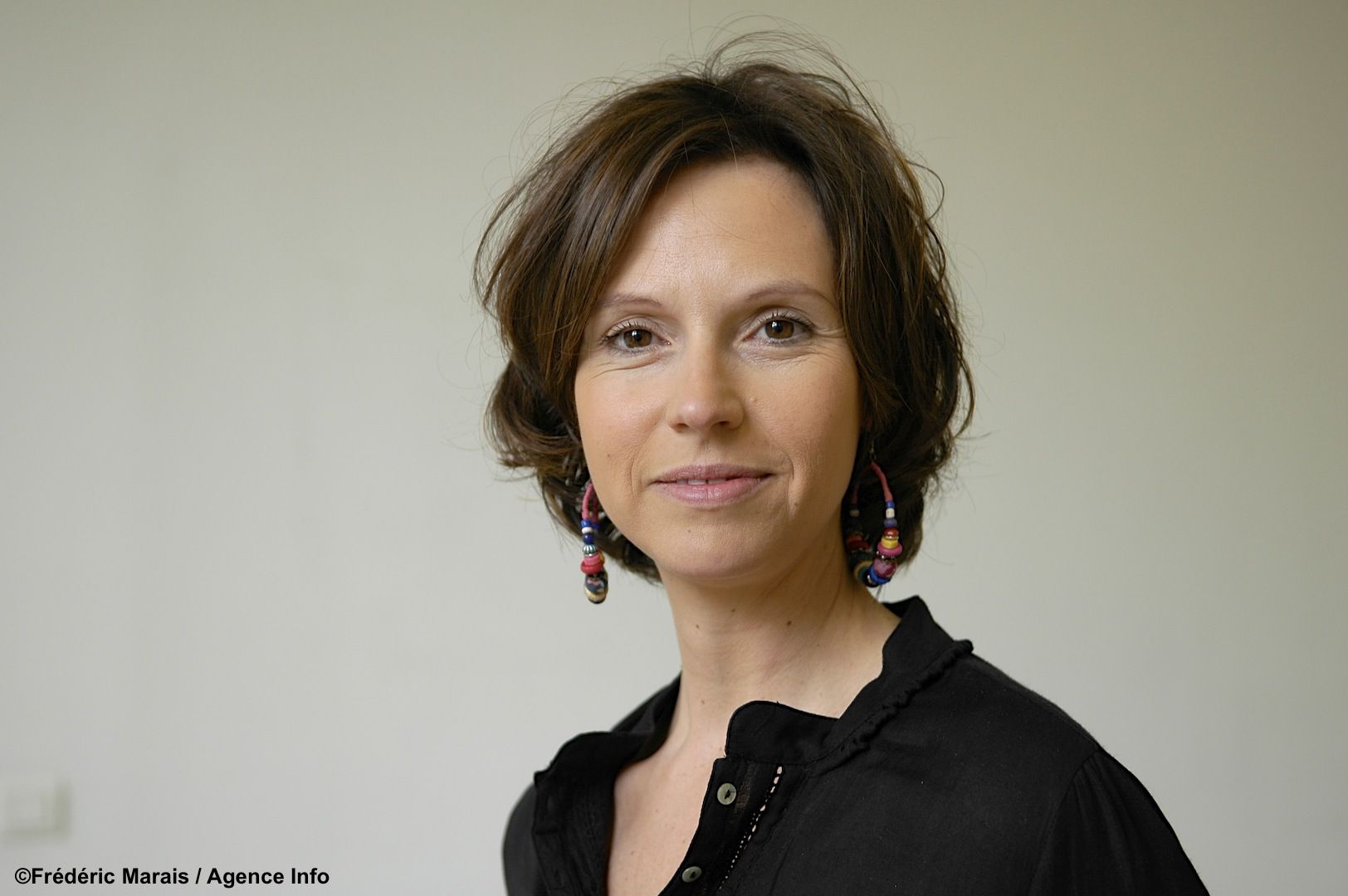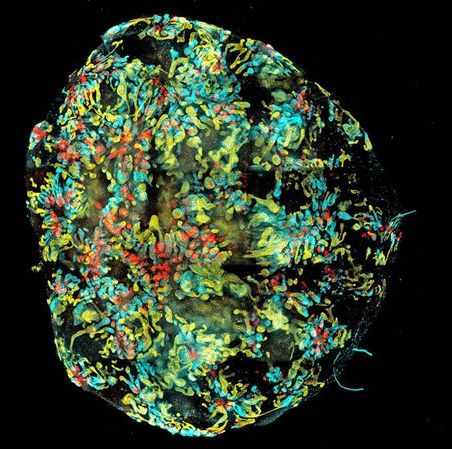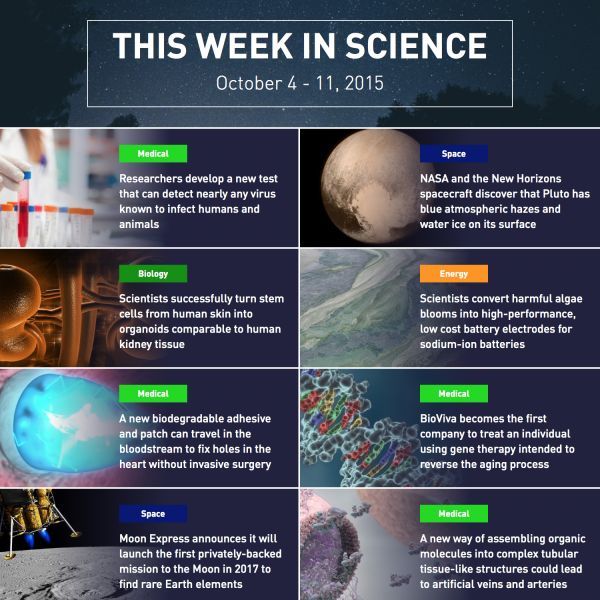Oct 17, 2015
Changing The Pace: Your Circadian Rhythm Can Make You Age Faster
Posted by Robert James Powles in categories: biotech/medical, life extension, neuroscience
We all have different circadian rhythms but they slow down during aging, and we may be able to do something about it.
Your body is in a state of constant flux and the circadian rhythm is its master regulator, controlling everything from sleep cycles to appetite and beyond. Jet lag is a side effect of a confused internal cycle as it adjusts to a new timetable. Shift work and irregular patterns of activity can also potentially cause some serious problems if sustained for a long period, including raising risk of type 2 diabetes, dementia and all cause mortality.
When researchers studied aging mice, they saw a progressive decline in levels of molecules called polyamines. These are involved with a number of processes, but particularly in cell growth and circadian rhythm. The drop in polyamines also coincided with a slowing of their circadian cycle — which increased disease risk.


 Listen/View
Listen/View














